THE first post-war south Asian MP to be elected to parliament, Keith Vaz, is to run for his old seat, Leicester East – as an independent.
The move will come as a big surprise to many in the world of politics, and it will cause fear among Labour ranks, sources have told Eastern Eye.
In a leaflet announcing his candidature he wrote, “Many people have asked me to stand again.
“I have decided to do so and accept the nomination of Leicester’s newest party, One Leicester, to be their candidate for one more term.
“Although I have always held Labour values, I promise to put Leicester first and politics second.”
Vaz knows what matters to people, his supporters said.
Campaign issues
Local people have signed a petition to try to force the Labour mayor, Peter Soulsby, to reverse a decision to abandon the Diwali lights switch-on – an event which is branded as the largest Hindu celebrations in Europe, and is in the heart of Leicester East.
“Today, I am shocked with what I see,” his leaflet continued. “Despite so many opportunities, Leicester is unrecognisable and on the edge of bankruptcy.
“The Labour mayor announced he will close the celebrated Leicester Market and end one of our most famous events, the Diwali switch on ceremony. Are the Christmas lights next?”
Vaz has also targeted Muslim voters – where both the main parties have lost support over the conflict in the Middle East.
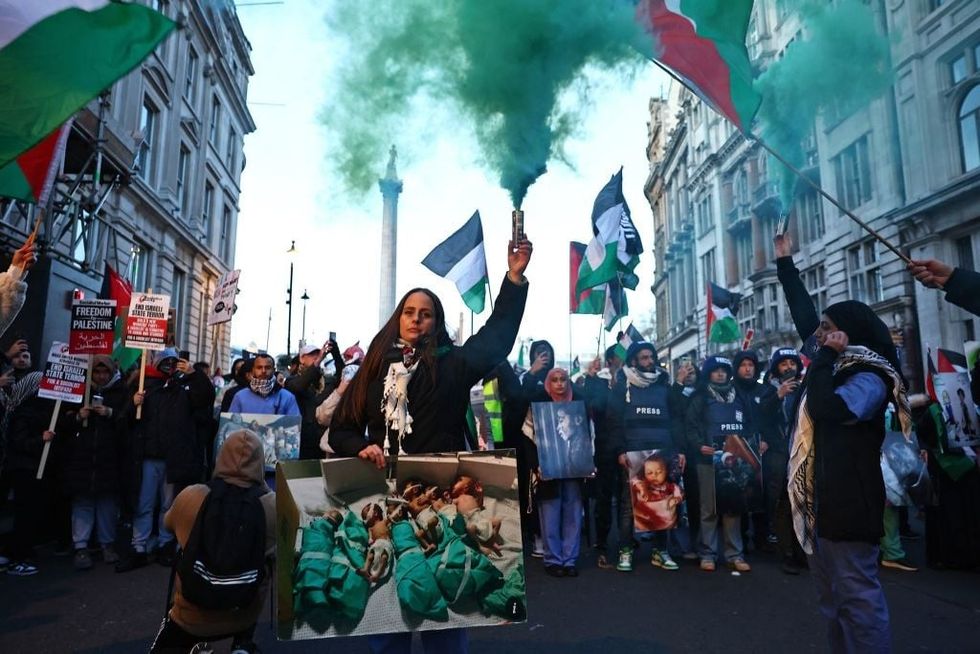
“Millions of tax payers’ money has been spent on international wars.
“It is deplorable that both the Tories and Labour have identical policies on Gaza, where thousands have been killed.”
The council said that it wanted to be open about the fact that the cost of two events was ‘unsustainable’ and needed ‘alternative funding’.
Someone local
This is the second general election where Labour has brought in someone regarded as an outsider to contest the seat Vaz held for 32 years, until he decided to stand down in 2019.
The Leicester East branch of the Labour Party chose Rajesh Agrawal, who was London’s deputy mayor for business, last November.
“We just wanted someone local,” said one Leicester Labour Party member. “Surely, the party could have found someone here rather than parachute someone into what’s regarded as a safe seat.
“Everyone in Leicester East knows what a great constituency MP Keith is.
“No matter his flaws, he worked so hard for us.
“If we needed anything, we’d go to Keith, and he’d make our problems go away.”
Candidates have until 4pm on Friday (7) to throw their hat into this year’s general election ring.
The MP who replaced Vaz in 2019, Claudia Webbe, ran on a Labour ticket at that time.
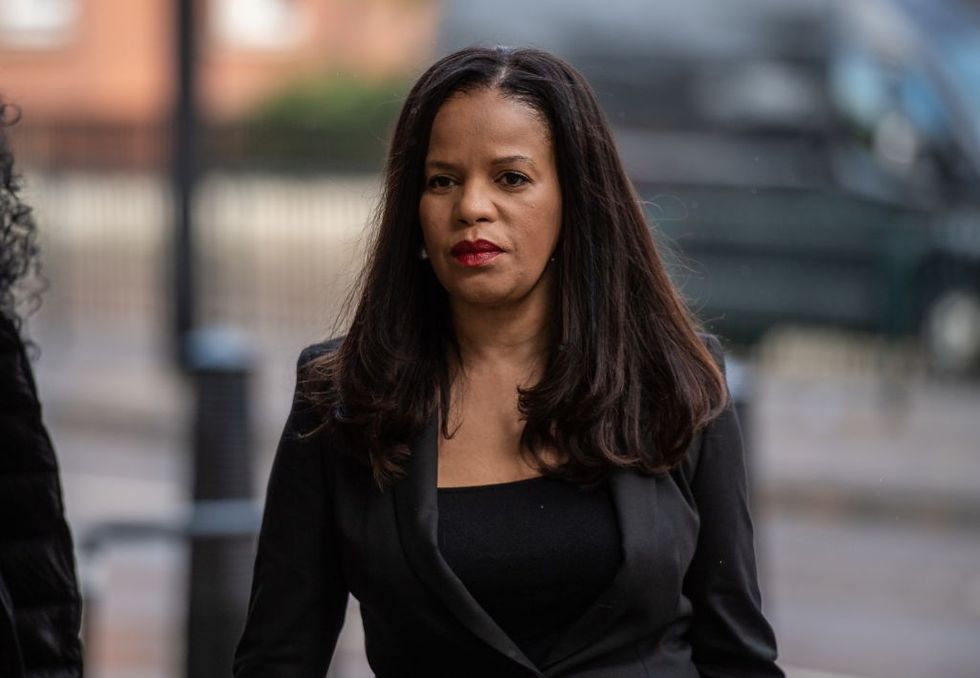
She had a majority of just over 6,000 – a drop of more than 10,000 votes.
Vaz won his eighth general election in 2017 with his largest majority – almost 23,000 – despite a police investigation which was dropped the previous year.
Kashmir
Today, Webbe is standing as an independent, after Labour threw her out in 2021 following her conviction for harassing a woman.
Another anonymous source said, “The problem Claudia had was that she wasn’t considered as local, even though she was born and brought up Leicester.
“Also, there was racism from south Asians, who didn’t take to her, and they never forgave her for chairing an event at the Labour Party conference in 2019 which criticised India over Kashmir.
“And add to that, she was no Keith, so no matter what Claudia did, she could never win hearts.”
His supporters said that Vaz has brand recognition which the others do not.
Six candidates had already announced their intention to fight for the seat, and Vaz now makes that seven.
Five of the candidates are south Asian, including one standing for the anti-immigration Reform UK.
Vaz supporters told Eastern Eye that they were confident their candidate could win because for the past five years he had been working for people in Leicester even though he was no longer their MP.
This paper reported how the former Europe minister took on De Montfort University when scores of Indian engineering students accused it of racism.
Past problems
But Vaz has had a chequered past while he was an MP.
An independent panel set up by parliament accused him of bullying a member of staff, and a national newspaper recorded him in a ‘sting’ operation offering to buy cocaine during a meeting with male escorts.
One Labour Party member, who spoke on the condition of anonymity said, “He’s maybe thought of as flawed, but he’s learnt from his mistakes.
“This is unfinished business for him, and he wants to do things right, so he isn’t remembered as the MP set up by the papers.”
But was there one thing which persuaded Vaz to stand again?
“What tipped the decision was the treatment of Diane Abbott,” he said.
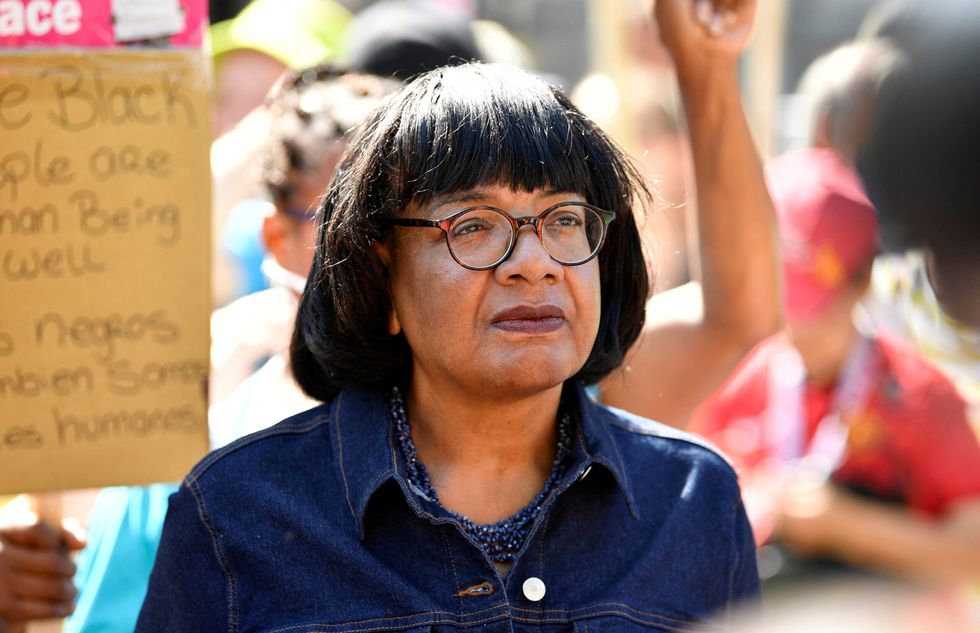
“I was elected with Diane.
“I don’t share all her political positions, but I regard her as a friend.
“She was treated so badly and without respect.
“It’s as if we have rolled back BAME [Black Asian Minority Ethnics] advancement of the past 30 years.
“Suddenly out of the blue, 30 years of loyalty to a party is wiped out.”
List of candidates [as of 6 June]:
Rajesh Agrawal – Labour
Zuffar Haq – Liberal Democrats
Mags Lewis – Green Party
Shivani Raja – Conservatives
Raj Solanki – Reform UK
Keith Vaz – One Leicester
Claudia Webbe – Independent
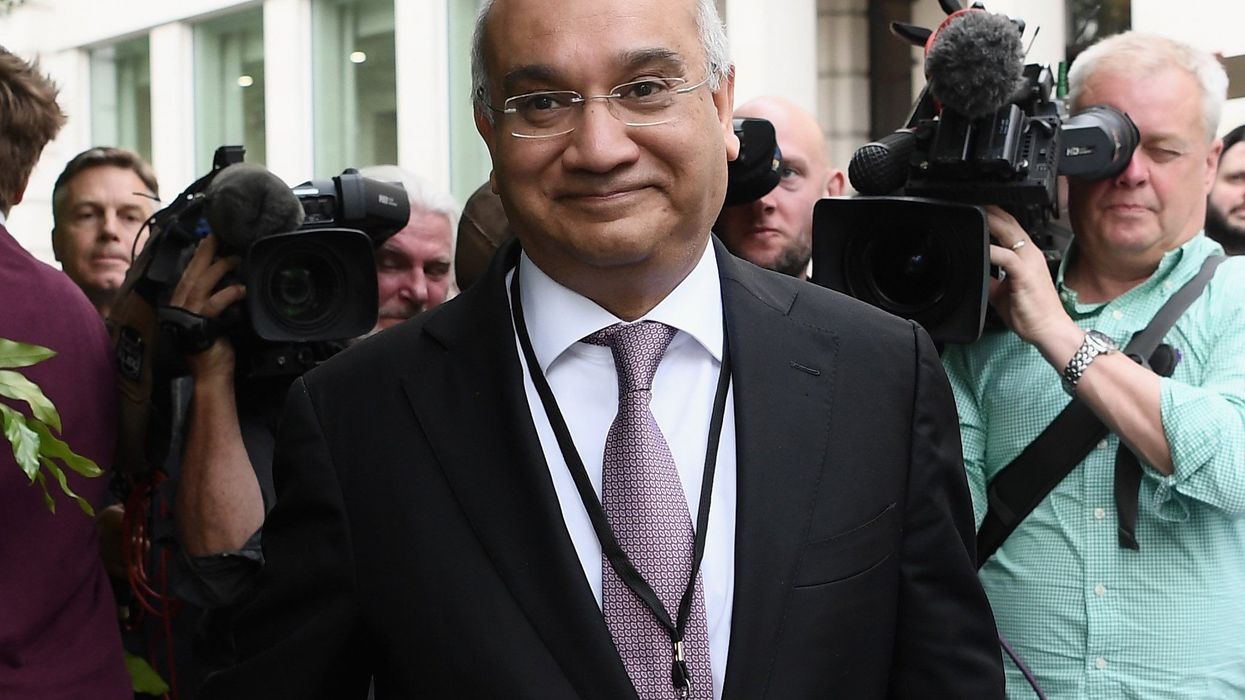




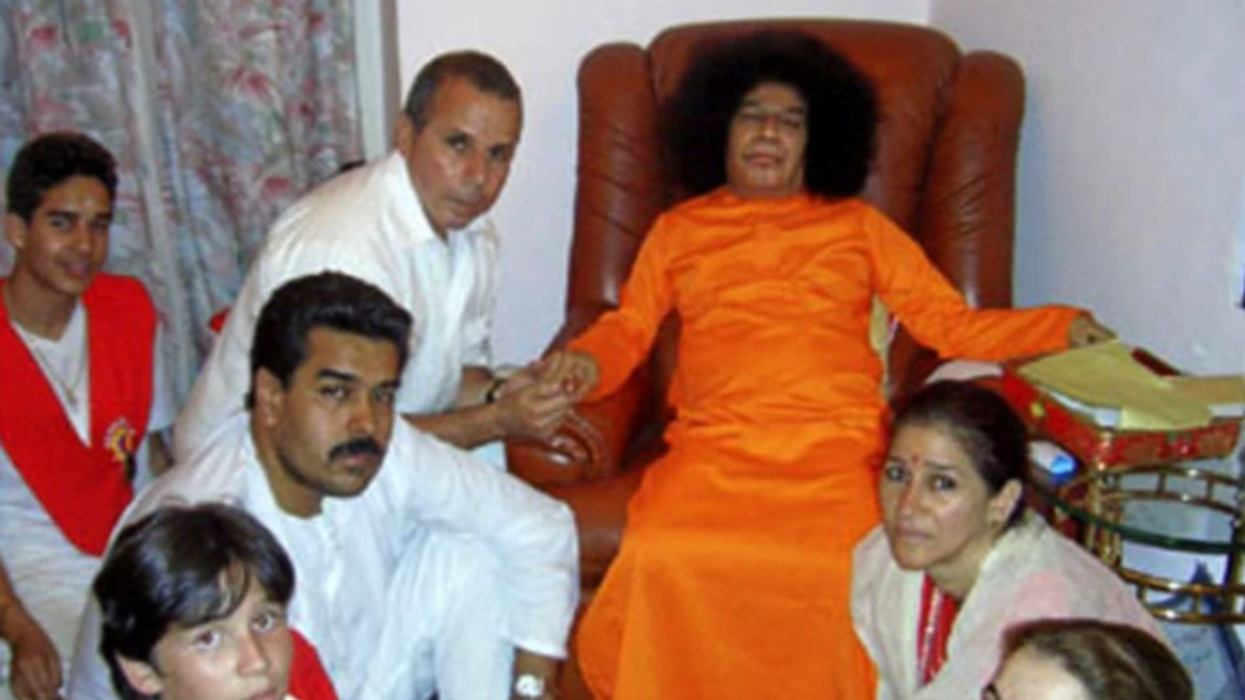
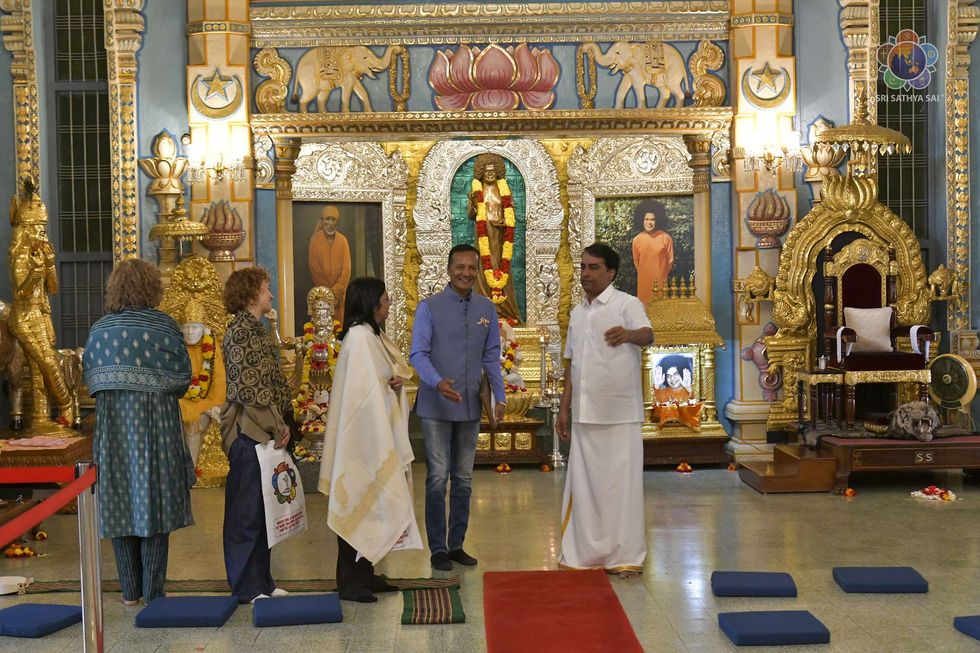 Delcy Rodríguez visited Prasanthi Nilayam on October 26, 2024, to pay her obeisances to Sai Baba. (Photo credit: Sri Sathya Sai Media Centre))
Delcy Rodríguez visited Prasanthi Nilayam on October 26, 2024, to pay her obeisances to Sai Baba. (Photo credit: Sri Sathya Sai Media Centre))





